
The Driver of the Bus
As backseat drivers, they think they can drive the bus better than the company driver. They also think they are capable of choosing a shorter and swifter...

Continuation of Section Two – Intermediate-level Emuna: Everything HaShem Does is for the Very Best
* * *
The Driver of the Bus
Those who live with emuna that HaShem’s Divine Providence is always for the best are happy and confident. They don’t suspect HaShem of leading them down the wrong road. Such individuals resemble those who make an inter-city bus trip: They’re sure that the driver knows both how to drive the bus and how to choose the best route. With nothing else to worry about, they’re free to relax in their seats, gaze out the window, and enjoy each minute of the trip. They reach their destination happily, and go about their tasks with vigor.
Those who lack emuna are like nervous passengers on the same inter-city bus. As backseat drivers, they think they can drive the bus better than the company driver. They also think they are capable of choosing a shorter and swifter route. Frustrated, they try to drive the bus from their seat in row 12. Each minute passes with bitterness and frustration, for they’re sure that the driver doesn’t know what he’s doing or where he’s going. They’re worried that bus is traveling east rather than west. They think the driver’s traveling either too fast or too slow. Those same worried passengers suffer substantial emotional stress because they lack faith in the bus driver. They reach their destinations nerve-wracked and completely worn out.
Let’s pause for a moment, and ponder the profound difference between the two types of passengers in the inter-city bus example: Both pay the same amount for a ticket, ride the same bus, and arrive at the same exact destination the very same time. Yet, the first type of passenger reaches his destination happy and emotionally healthy, while the second type is a nearly incapacitated bundle of nerves. Which type of passenger would you prefer to be?
With emuna, we arrive at our destination in life calmly, safely, and happily, prepared to energetically face any challenge that comes our way.
Without emuna, whenever a person thinks that he or she is "driving the bus" – or in other words, in charge of their own fate – then he or she is a surefire candidate for stress, anxiety, frustration, despair, and nervous breakdowns. Some people refuse to reconcile themselves to the fact that we all must undergo tikkunim, those soul corrections that HaShem designs for our individual benefit. Such people are constantly complaining about their unbearable suffering; they’re correct, for without emuna, life is surely bitter and unbearable.
No one can escape the fact that life doesn’t always proceed along the lines of our personal plans and expectations. The unexpected variables that each of us must deal with lead us down our designated path of tikkun. Why complain, cry, and rant when we can easily strengthen ourselves in emuna and live pleasant lives? All we have to do is to trust the "driver of the bus," our beloved Creator Who’s capably leading the universe as a whole and each of us in particular on a designated route. Like the trusting passenger, the more we strengthen our emuna that HaShem does everything for our ultimate best, the happier we arrive at any destination in life.
Patience Pays Off!
A person with strong emuna who experiences tremendous difficulties sounds like this: "That’s the way HaShem wants things! Everything is for the best!" In the meanwhile, such an individual maintains a positive outlook and copes the best way he or she can with the tools at his or her disposal, while continuing to pray and express his or her hopes and aspirations.
If a person is basically successful yet discontented, he or she must make a high-priority effort to reinforce his or her emuna. Why? By solidifying emuna and internalizing the belief that HaShem runs the world and does everything for the best, life becomes a Heaven on earth. The opposite also holds true: Purgatory is the bitterness of discontent that corrodes a person’s soul like spiritual acid, the result of one’s own lack of emuna. Amazingly, one’s lack of emuna becomes one’s own punishment in life.
Rabbi Menachem Rekanati, the famed 14th Century CE Italian kabbalist, was a simple merchant until the age of 80. He dreamed of devoting his life to Torah study, but never had the opportunity. Despite his circumstance, he continued to aspire, to yearn for Torah study, and to pour his heart out to HaShem in daily personal prayer. For decades, he begged HaShem for the privilege of totally immersing himself in the sea of Torah. After his 80th birthday, a tzaddik came to him in a dream and gave him a golden goblet to drink from. When he woke up, he discovered that the entire Torah was unraveled before him; during the next two years of his life, he wrote some forty texts of intricate Torah and Kabbala commentary!
If we need to mobilize a strong measure of emuna during periods of discontent when no particular major difficulties plague us, then we certainly must rely on emuna in order to cope with the unexpected and trying times of life. By searching for meaning in our current situation, and cementing the belief that everything is for the best, we not only turn discontent into content, but hasten the advent of happier times.
The only way to attain genuine emuna is to spend some time each day in introspection, confessing one’s wrongdoings to HaShem and assessing one’s emuna. One must evaluate oneself and ask, "Am I putting my emuna to practice in all phases of my daily routine?" With perseverance, one will reach the level of emuna that everything is truly for the best, as we’ll see in greater detail later in this book.
Liberty of the Brain
A happy person’s brain is at liberty to search for and understand the messages that HaShem instills within all the stimuli of our environment. Without the chains of negative emotions, we can more readily discern where HaShem is taking us. Even if we don’t fully understand what’s happening in our lives, with emuna, we can pray and ask HaShem to open our eyes and help us make the right choices.
Understanding HaShem’s messages, spiritually awakening ourselves, and learning how to correct what needs correcting are products of upper-level emuna, the third stage in our quest for emuna. But, we can’t proceed to the third stage until we’ve solidified our position in the second stage, or intermediate-level emuna.
We can’t make effective choices that result from upper-level emuna until we first internalize our intermediate-level emuna, namely, that everything HaShem does is for the ultimate best. Already at this level, we should be accepting life’s challenges with happiness. Once we do, we’re ready to understand the message contained within each challenge.
Devoid of a good hold on intermediate-level emuna, one shouldn’t attempt to understand HaShem’s messages. Without believing that HaShem does everything for the best, a person can’t possibly reach a truthful conclusion. Truth comes from a free and clear mind; a free and clear mind comes from the happiness in knowing that HaShem does everything for the best. We therefore need intermediate-level emuna in order to avoid erroneous conclusions in discerning HaShem’s messages.
Rebbe Nachman of Breslev teaches (Likutei Moharan II:10) that happiness and freedom from worry lead to the liberty of the brain that facilitates true mental composure.
Summary of Section Two
With intermediate-level emuna – the faith that HaShem does everything for the best combined with constant thanks to HaShem – one enjoys a pleasant, tranquil existence.
Without using the events of our lives as opportunities for personal and spiritual growth, and without constant introspection, maintaining a hold on the emuna that HaShem does everything for the best will be tricky. Only steadfast intermediate-level emuna can assure happiness, peace of mind, and successful weathering of life’s difficult times. The silver lining within any cloud of tribulation is that difficulties stimulate us to seek HaShem. Our very purpose in life is to seek HaShem and to get to know Him with all our mental and spiritual faculties.
Hopefully, learning about upper-level emuna will bring us to complete emuna, thus enabling us to accomplish our mission on this earth and to achieve our soul correction in this world and in the next.
To be continued…




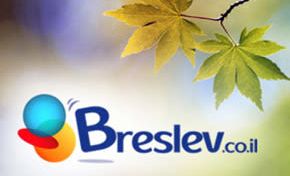
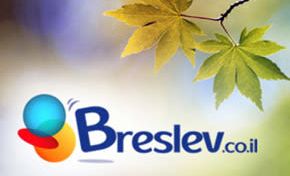
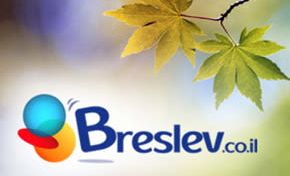
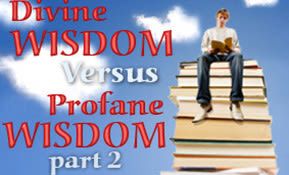




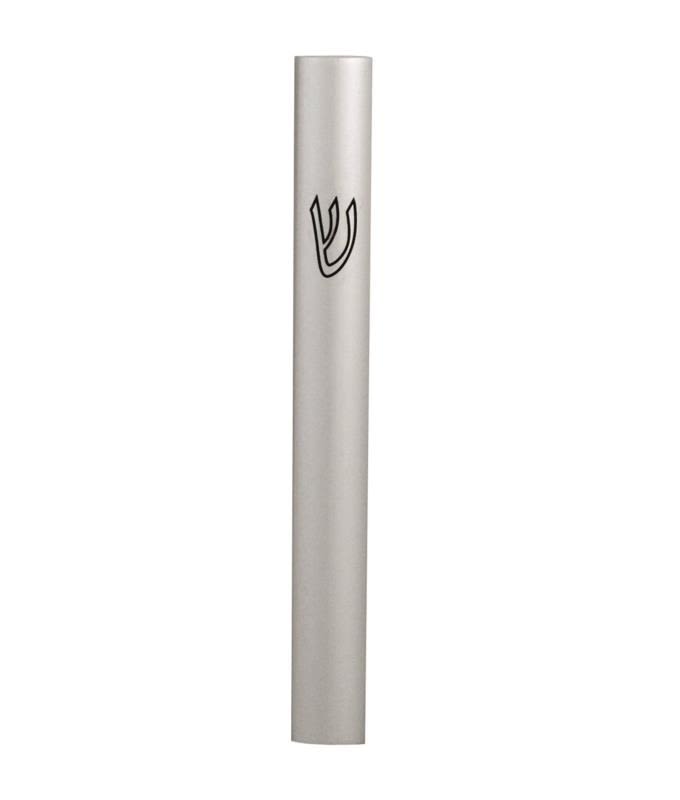
Tell us what you think!
Thank you for your comment!
It will be published after approval by the Editor.